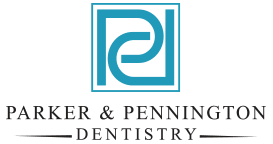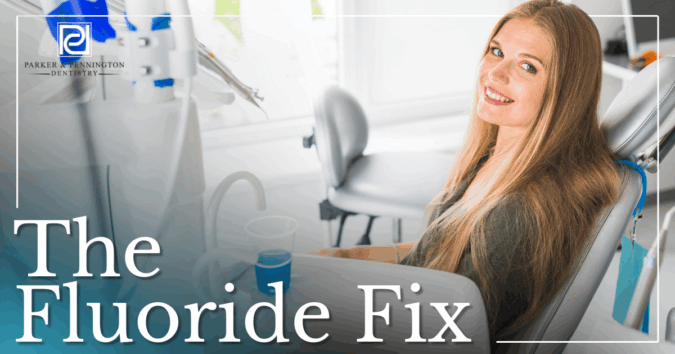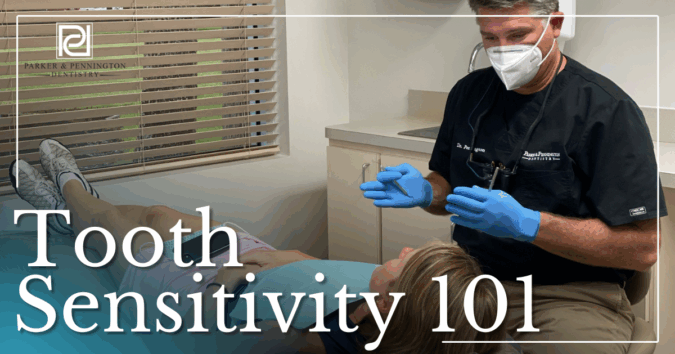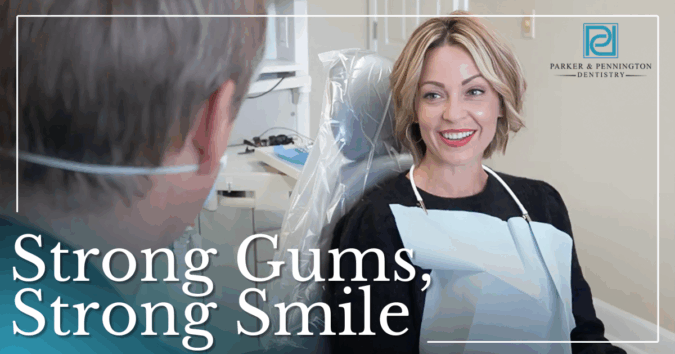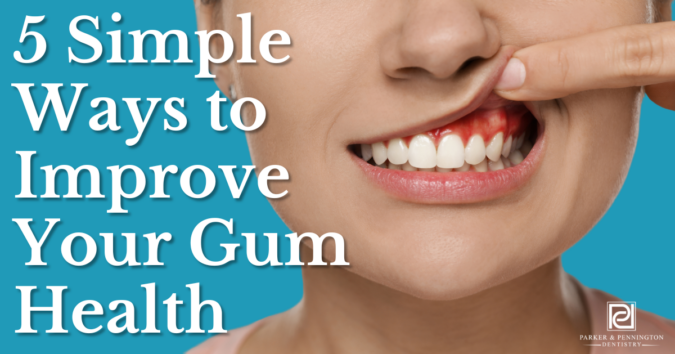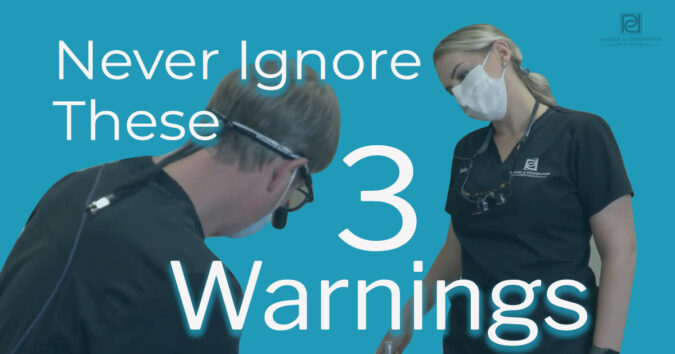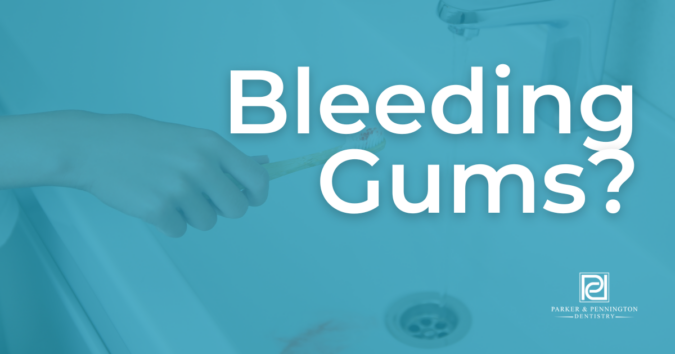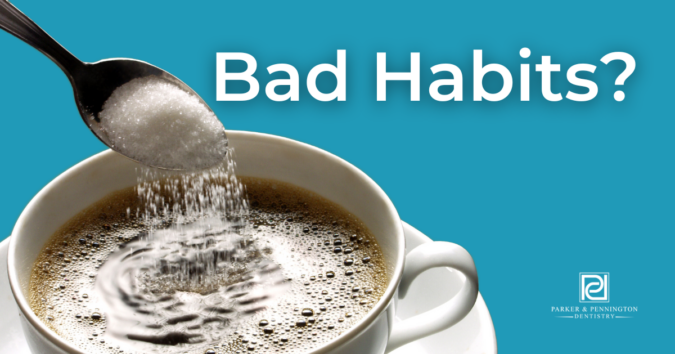Fluoride Facts: Why It’s Essential For Strong, Healthy Teeth
When it comes to protecting your teeth from cavities, few things are as powerful or as misunderstood as fluoride. You probably recognize it from your toothpaste, have heard about it in community water supplies, or maybe noticed it as part of your dental visits. But how much do you really know about this natural mineral? At Parker and Pennington Dentistry, we believe the more informed you are, the better choices you can make for your smile. So, let’s break down what fluoride is and why it’s so important.

